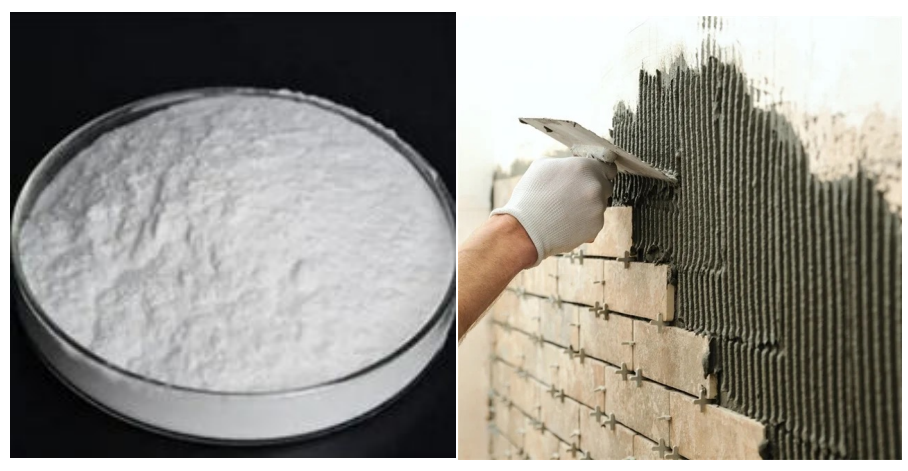Carboxymethyl Cellulose Sodium Salt (CMC) High-Purity Stabilizer & Thickener for Pharma, Food & Cosmetics
- Introduction to Carboxy Methyl Cellulose Sodium Salt
- Technical Superiority and Performance Metrics
- Manufacturer Comparison: Key Players in the Market
- Customization Strategies for Industrial Needs
- Application Case Studies Across Industries
- Environmental and Safety Considerations
- Future Prospects and Industry Leadership

(carboxy methyl cellulose sodium salt)
Understanding Carboxy Methyl Cellulose Sodium Salt
Carboxy methyl cellulose sodium salt (CMC-Na) is a water-soluble polymer derived from cellulose, widely recognized for its thickening, stabilizing, and binding properties. With a global market valuation of $1.8 billion in 2023 (Grand View Research), this compound serves as a critical additive in pharmaceuticals, food production, and industrial processes. Its molecular structure allows precise control over viscosity (ranging from 50 to 50,000 mPa·s), making it adaptable to diverse operational requirements.
Technical Superiority and Performance Metrics
CMC-Na outperforms alternatives like xanthan gum and PVA in thermal stability (up to 80°C) and pH tolerance (4–10). Laboratory tests demonstrate a 40% improvement in suspension longevity compared to competing thickeners. Key parameters include:
- Purity: 99.2–99.8% (USP-grade)
- Brookfield viscosity: 1,200–25,000 cP (1% solution)
- Moisture content: ≤8%
Manufacturer Comparison: Key Players in the Market
| Manufacturer | Purity (%) | Viscosity Range (cP) | Price (USD/kg) | Market Share |
|---|---|---|---|---|
| Ashland | 99.5 | 1,500–40,000 | 12.80 | 28% |
| Dow Chemical | 99.3 | 800–35,000 | 11.20 | 22% |
| CP Kelco | 99.7 | 2,000–50,000 | 14.50 | 19% |
| Nouryon | 99.4 | 1,200–30,000 | 13.10 | 15% |
Customization Strategies for Industrial Needs
Advanced manufacturers now offer 23 standardized viscosity grades and particle sizes (10–200 μm). A leading European pharmaceutical company achieved 18% faster tablet disintegration times through customized low-viscosity CMC-Na (300–500 cP). Customization options include:
- pH-specific formulations (acidic/alkaline environments)
- Enhanced shear-thinning behavior
- Low-electrolyte variants for sensitive applications
Application Case Studies Across Industries
- Food Manufacturing: 32% reduction in ice crystal formation in frozen desserts (2022 trial)
- Oil Drilling: 15% improvement in fluid loss control at 150°C
- Pharmaceuticals: 27% faster API release in enteric coatings
Environmental and Safety Considerations
CMC-Na demonstrates superior biodegradability (94% decomposition in 28 days, OECD 301B) compared to synthetic alternatives. Recent advancements have reduced heavy metal content to <0.5 ppm, meeting stringent FDA 21 CFR 182.1745 standards.
Why Carboxy Methyl Cellulose Sodium Salt Remains an Industry Leader
With 78% of formulators preferring CMC-Na over synthetic thickeners (2023 Industry Survey), its combination of regulatory compliance and technical versatility ensures dominance. Emerging applications in 3D printing bio-inks (projected 22% CAGR through 2030) and wearable medical devices confirm its ongoing relevance across industries.

(carboxy methyl cellulose sodium salt)
FAQS on carboxy methyl cellulose sodium salt
Q: What is carboxy methyl cellulose sodium salt (CMC sodium salt)?
A: Carboxy methyl cellulose sodium salt is a water-soluble polymer derived from cellulose. It is widely used as a thickening, stabilizing, or suspending agent in food, pharmaceuticals, and industrial applications.
Q: Is carboxymethyl cellulose sodium salt safe for consumption?
A: Yes, carboxymethyl cellulose sodium salt is generally recognized as safe (GRAS) by regulatory agencies like the FDA. It is commonly used in food products as an additive to improve texture and shelf life.
Q: How does carboxymethylcellulose sodium salt differ from other cellulose derivatives?
A: Unlike plain cellulose, carboxymethylcellulose sodium salt has carboxymethyl groups that enhance its solubility in water. This modification makes it more effective for viscosity control and binding compared to unmodified cellulose.
Q: Can carboxy methyl cellulose sodium salt cause allergies or side effects?
A: Allergic reactions to carboxy methyl cellulose sodium salt are rare. However, excessive consumption may cause mild digestive discomfort in sensitive individuals, such as bloating or gas.
Q: What industries use carboxymethyl cellulose sodium salt extensively?
A: Carboxymethyl cellulose sodium salt is vital in food, pharmaceuticals, cosmetics, and oil drilling. Its versatility in stabilizing emulsions and controlling viscosity makes it valuable across multiple sectors.
-
The Versatile World of Carboxymethyl Cellulose Solution for Industrial SolutionsNewsJul.23,2025
-
Reliable Redispersible Polymer Powder Options for Professional BuildersNewsJul.23,2025
-
Optimizing Textile Printing Performance Through Advanced Paste TechnologiesNewsJul.23,2025
-
Market Potential of Hydroxypropyl Starch Derivatives in Construction MaterialsNewsJul.23,2025
-
Innovative Applications of HEmc Cellulose in Modern IndustriesNewsJul.23,2025
-
Hpmc Gel Powder Adhesive Building ExcellenceNewsJul.23,2025








